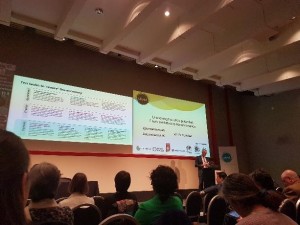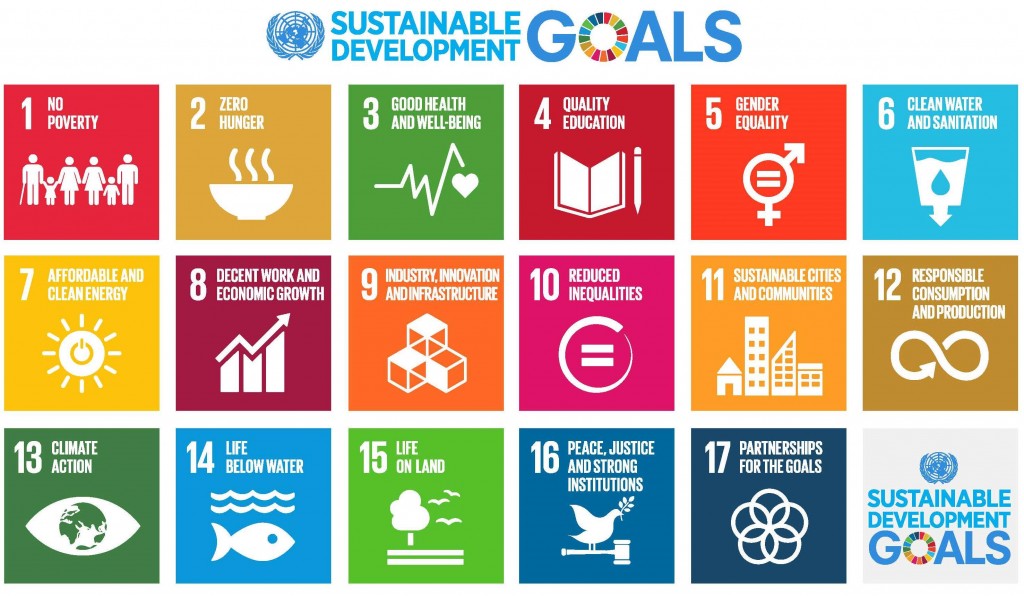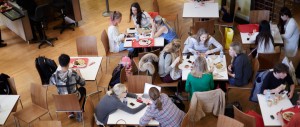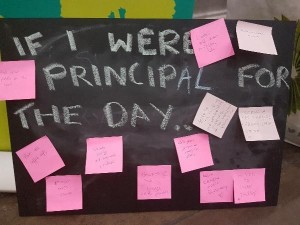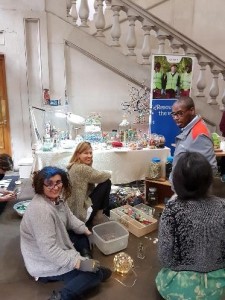Until Sunday, the 11th June, Thames Plastic are taking over the Somerset House River Terrace with their Thames Plastic Lab.
Over the last year, King’s artist in residence Maria Arceo and a group of volunteers (including Thames21, King’s staff, and students during our Sustainability Week) have collected plastic from the beaches of the Thames. They have then spent a few weeks at Canada Water, washing the plastic so it can be used. 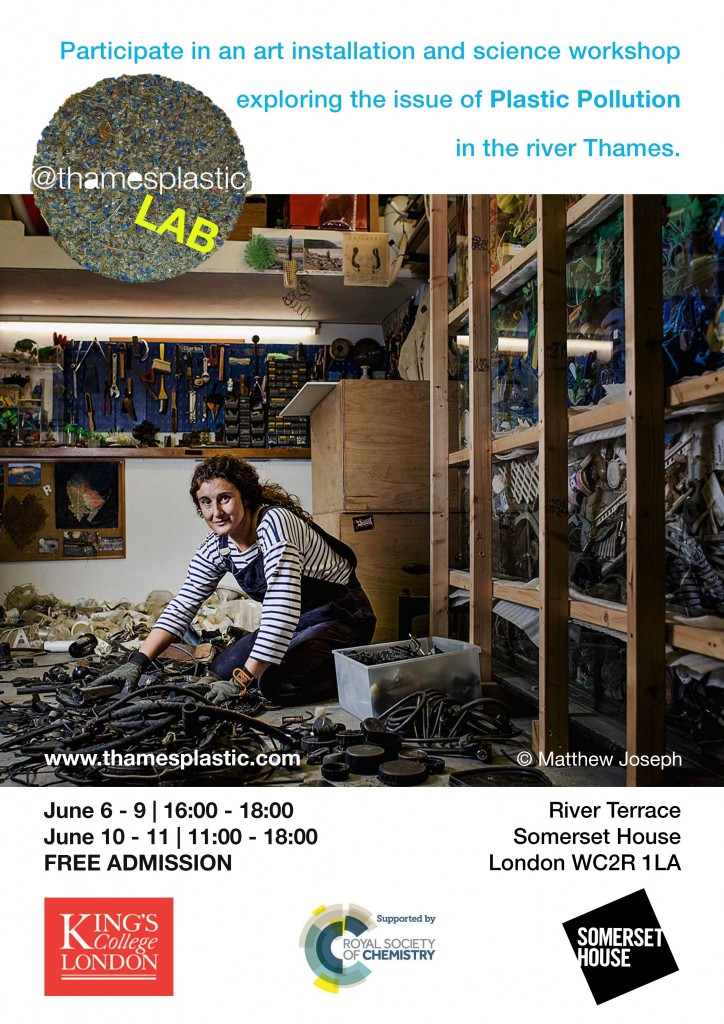
Now, the project has reached the next stage: sorting it by colour so it can be used in an art installation as part of the Thames Festival.
The Thames Plastic Lab is a collaboration between King’s College London’s Departments of Chemistry and Geography, the Royal Society of Chemistry and artist Maria Arceo, supported by the Cultural Institute at King’s. Throughout this week, they are inviting the public to come along and learn what kind of plastic ends up in the Thames, how it gets there, and what you can do. You can also pick a piece of plastic and ask for it to be analysed! In the end, all the plastic from the workshops will be turned into an art installation to raise awareness for the problem of plastic pollution in our rivers and oceans. The Plastic Lab has been a great success so far, you can see pictures of the event on Twitter.
The Thames Plastic Lab will remain open until the 11th June.
Opening times are:
9th June: 16:00-18:00
10th-11th June: 11:00-18:00
More information can be found here. Make sure to drop in!
#FFSLDN
Our neighbours from Hubbub are currently also running their own campaign to combat plastic waste in the Thames. With #FFSLDN (For Fish’s Sake London, don’t drop litter!), they are trying to engage Londoners in a conversation about our littering habits.
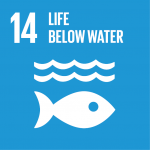 For example, do you know what tidy littering is? It’s leaving your rubbish next to a bin, on top of an overflowing bin, or on a wall or ledge. It might seem innocent, but rubbish often falls off, gets blown away, and ultimately ends up in our great river. 300 tonnes of litter are cleared from the Thames every year – showing how important things like the Thames Plastic project are. Ultimately, plastic pollution becomes a very real problem for people. It is estimated that 70% of fish in the Thames have plastic in their guts, and plastic increasingly makes its way into our diets through fish that have swallowed small pieces of plastic. So next time you drop a piece of plastic, make sure it’s in a recycling bin!
For example, do you know what tidy littering is? It’s leaving your rubbish next to a bin, on top of an overflowing bin, or on a wall or ledge. It might seem innocent, but rubbish often falls off, gets blown away, and ultimately ends up in our great river. 300 tonnes of litter are cleared from the Thames every year – showing how important things like the Thames Plastic project are. Ultimately, plastic pollution becomes a very real problem for people. It is estimated that 70% of fish in the Thames have plastic in their guts, and plastic increasingly makes its way into our diets through fish that have swallowed small pieces of plastic. So next time you drop a piece of plastic, make sure it’s in a recycling bin!

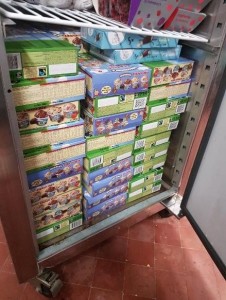

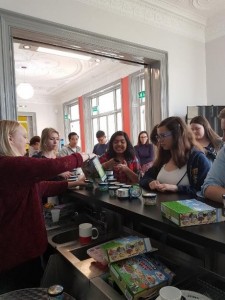
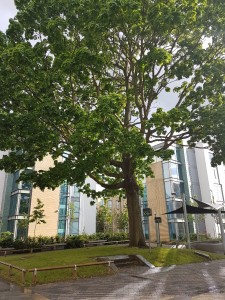

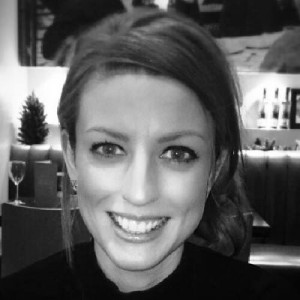
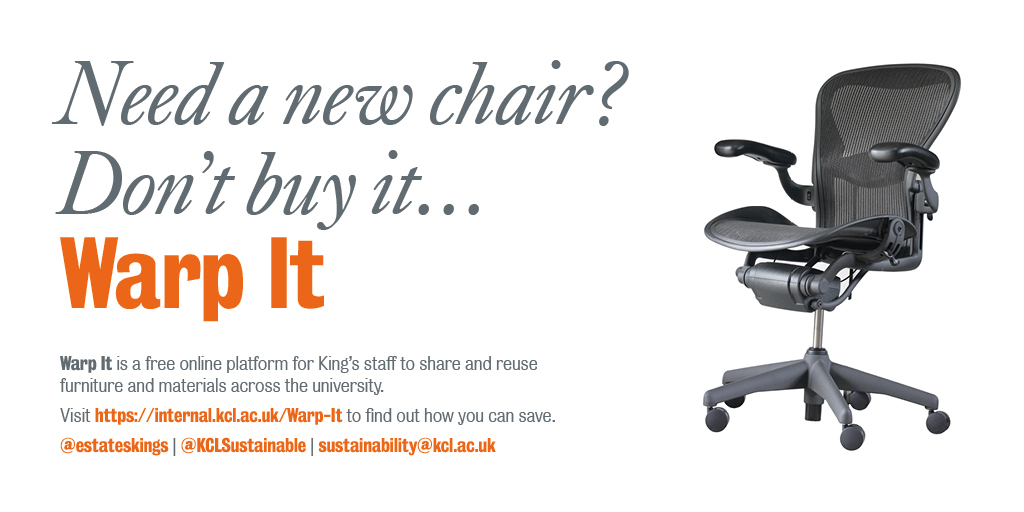 At the moment, Warp It is only open to staff. If you are interested in signing up and start reusing furniture, please visit the
At the moment, Warp It is only open to staff. If you are interested in signing up and start reusing furniture, please visit the 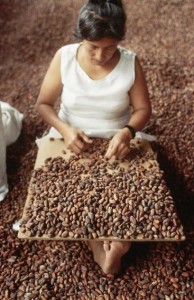 With more and more companies now offering Fairtrade chocolate, Easter is the perfect opportunity to support the scheme. The
With more and more companies now offering Fairtrade chocolate, Easter is the perfect opportunity to support the scheme. The  ood, Easter can also be a great time to enjoy the (hopefully) warm weather! With the stressful exam period coming up, making use of green spaces can help clear your mind – even if you don’t have time for extended walks, you could move your workspace outside for a few days. There are plenty of green spaces around London (e.g. Richmond Park, Southwark Park, Primrose Hill, Hampstead Heath etc.), and if you want to get your hands dirty, you can try out some
ood, Easter can also be a great time to enjoy the (hopefully) warm weather! With the stressful exam period coming up, making use of green spaces can help clear your mind – even if you don’t have time for extended walks, you could move your workspace outside for a few days. There are plenty of green spaces around London (e.g. Richmond Park, Southwark Park, Primrose Hill, Hampstead Heath etc.), and if you want to get your hands dirty, you can try out some 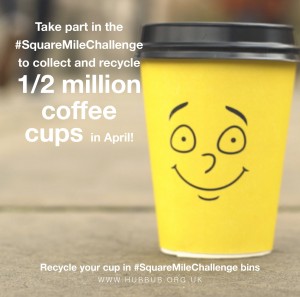 The aim of the challenge is to recycle half a million paper coffee cups in the month of April. Coffee cups have been getting lots of bad press recently, as seven million of them are thrown away every single day – that’s 4000 a minute! The problem with this mountain of coffee cups is that less than 1% of them are recycled. While they are recyclable in theory, this does not happen in practice. The reason for this is the plastic lining inside the cup, which is almost impossible to separate from the paper. As a result, the coffee cups are either incinerated, or worse, end up in landfill.
The aim of the challenge is to recycle half a million paper coffee cups in the month of April. Coffee cups have been getting lots of bad press recently, as seven million of them are thrown away every single day – that’s 4000 a minute! The problem with this mountain of coffee cups is that less than 1% of them are recycled. While they are recyclable in theory, this does not happen in practice. The reason for this is the plastic lining inside the cup, which is almost impossible to separate from the paper. As a result, the coffee cups are either incinerated, or worse, end up in landfill.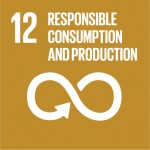 And not just for the environment – it can save you money too! King’s Food will give you a free hot drink if you buy a KeepCup from them. If you already have one, you get 10p off your drink every time you use it. Starbucks will give you 25p off your drink if you bring your own cup, and Caffe Nero will give you double stamps for your loyalty card.
And not just for the environment – it can save you money too! King’s Food will give you a free hot drink if you buy a KeepCup from them. If you already have one, you get 10p off your drink every time you use it. Starbucks will give you 25p off your drink if you bring your own cup, and Caffe Nero will give you double stamps for your loyalty card.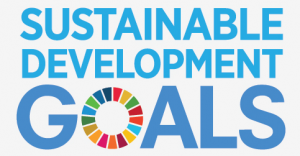 The conference started with a keynote speech by Amanda MacKenzie OBE, who highlighted the importance of getting everyone involved. When the SDGs were unveiled, she ran a campaign to get word about them out there. One of the key messages of this was the importance of using simple language everyone understands. This is why she refers to the goals as Global Goals rather than SDGs, claiming the term SDGs “sounds like something you would see your doctor about”. By calling them the Global Goals and making them accessible, we should be able to take millions of small, simple actions, together adding up to significant change.
The conference started with a keynote speech by Amanda MacKenzie OBE, who highlighted the importance of getting everyone involved. When the SDGs were unveiled, she ran a campaign to get word about them out there. One of the key messages of this was the importance of using simple language everyone understands. This is why she refers to the goals as Global Goals rather than SDGs, claiming the term SDGs “sounds like something you would see your doctor about”. By calling them the Global Goals and making them accessible, we should be able to take millions of small, simple actions, together adding up to significant change.